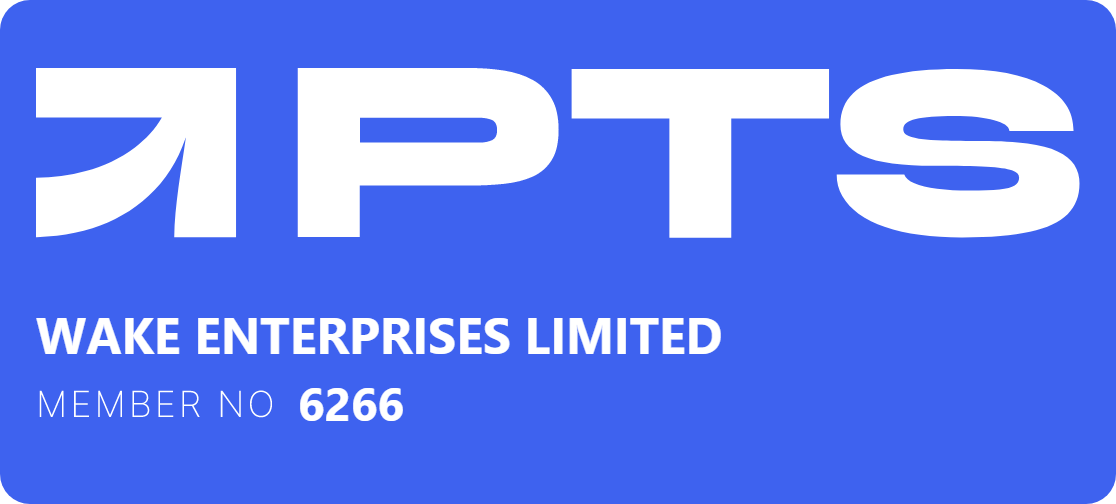Understanding ATOL and Why It Matters to Your Clients
Understanding ATOL and Why It Matters to Your Clients

If you work in travel, understanding ATOL explained for travel agents is essential — not just for compliance, but for building client trust. ATOL (Air Travel Organiser’s Licence) is one of the UK travel industry’s most important financial protection schemes. It’s the safety net that reassures your customers their money is safe and they won’t be stranded abroad if something goes wrong. Yet many agents struggle to explain it clearly, or worse, assume clients already know what it is. In reality, most travellers have heard of ATOL but don’t know how it works — and that’s where your expertise adds real value.
What Is ATOL?
ATOL is a financial protection scheme run by the UK Civil Aviation Authority (CAA). It applies to most air package holidays sold in the UK, and some flight-only sales. When a travel company with an ATOL ceases trading, the scheme ensures customers receive a refund, or are brought home if already abroad.
Key facts to know:
- ATOL only applies to UK-based companies selling holidays that include flights.
- Each ATOL holder has a unique licence number, which should be displayed on all marketing and booking documents.
- Travellers receive an official ATOL Certificate immediately after booking, confirming their protection.
Why ATOL Matters for Your Clients
For customers, ATOL means:
- Peace of mind – they won’t lose their money if the supplier collapses.
- No stress abroad – if they’re already travelling when an ATOL-protected company stops trading, arrangements are made to get them home.
- Financial security – refunds are processed through the scheme, not left to chance.
Your ability to confidently explain this protection can be a deciding factor in whether a client books with you instead of shopping around.
When ATOL Applies — And When It Doesn’t
One of the most common misconceptions is that ATOL covers all holidays. It doesn’t.
Covered:
- Flight-inclusive package holidays from a UK-based tour operator or agent
- Certain flight-only bookings sold by ATOL holders
- Some holiday arrangements sold as a “Flight-Plus”
Not Covered:
- Holidays without flights (e.g., cruise-only or rail holidays)
- Flight bookings made directly with airlines that don’t hold an ATOL
- Accommodation-only bookings
For non-ATOL products, you may need to explain other protections, such as ABTA membership or Section 75 credit card cover.
How Travel Agents Should Explain ATOL to Clients
Your role is to make ATOL clear and relevant — without drowning clients in jargon.
Tips for explaining ATOL:
- Keep it simple: “ATOL protects your money and your trip if the company you book with stops trading.”
- Show the certificate: Physically or digitally show the ATOL Certificate to reassure clients.
- Highlight the licence number: It proves your supplier is authorised.
- Clarify the limits: Be upfront about what isn’t covered and suggest other protections where needed.
Your Obligations as an ATOL-Selling Travel Agent
If you sell ATOL-protected travel, you must:
- Provide the ATOL Certificate at the point of booking — not later.
- Use the correct wording in your terms and conditions.
- Display the ATOL logo and your licence number in marketing.
- Keep accurate booking and payment records for CAA inspection if required.
Non-compliance isn’t just a regulatory risk — it can also damage your reputation.
Common Client Questions About ATOL
Here are the answers you should have ready:
“Is ATOL the same as travel insurance?”
No. ATOL protects against company failure, not medical emergencies or personal cancellations.
“Do I still need ATOL if I’m booking a flight-only?”
Possibly. If sold through an ATOL holder, some flights are covered. If booked direct with an airline, ATOL may not apply.
“How long does it take to get my money back if a company collapses?”
The CAA aims to process claims quickly, but timescales vary depending on circumstances.
Jamie Says:
“Your ability to explain ATOL clearly is part of what makes you indispensable as a travel agent. Clients don’t just buy a holiday from you — they buy confidence, trust, and the security that comes from knowing their money is safe.”
Building Client Trust Through Knowledge
By mastering ATOL explained for travel agents, you position yourself as more than a booking facilitator — you become a trusted travel advisor. Confidently talking about ATOL shows you care about client protection as much as their holiday enjoyment.
Final Takeaway for Agents
ATOL isn’t just a regulatory requirement; it’s a sales tool. Clients are more likely to book, and book with you, when they understand exactly how they’re protected. Learn it, explain it, and use it to set yourself apart in a crowded travel market.
About Jamie Wake
Jamie is the founder of The Independent Travel Consultants and a passionate advocate for empowering others to succeed in the travel industry through honesty, training, and community. He brings decades of travel experience, a focus on doing things differently, and a strong commitment to supporting UK-based homeworkers.












